The whole concept of racing e-scooters is, frankly, a little bit absurd – even before you consider a globe-spanning calendar, city centre race tracks and a rider list that features Olympic snowboarders, BMW riders, stunt drivers and even a professional model.
But that’s what the new ESkootr Championship (ESC) promises. Think Formula E, but on scooters. Sounds like an intriguing distraction that’s all a bit of a laugh, right? Wrong. Because the founders of ESC believe that it can help with some very serious objectives: increasing participation and improving road safety.
Olympic stars on the grid for first eSkootr Championship season
Key to that is that ESC isn’t just designed to be a single championship: the global series that will launch this year is designed to be the top of an e-scooter racing ladder – the Formula 1 of e-scooter racing, if you will. The ESC scooter has been designed that it can be offered with five levels of power and performance, so it can be used for categories for differing levels.
At the lowest end, the idea is to find venues – kart tracks, initially, but they could also include bike parks – where people can go and try an e-scooter in safety. As with karting, the most promising drivers can then work their way up a ladder.
That approach is also key to ensuring ESC can have a positive impact on road safety. The man charge of that is Alex Wurz, one of the category’s four founder. Although Wurz is best-known as a former Formula 1 and Le Mans driver, he’s been a long-time head of the Grand Prix Drivers Association (GPDA) and runs a road safety company, so he’s incredibly qualified for the role.
Move Electric spoke to Wurz about how scooter racing can boost e-scooter road safety.
You’re a former racing driver, and through your work with the GPDA you’ve been involved with the organisational side of F1. But how interesting is it to shape a new category from the ground-up?
“Well, it's super interesting, and very exciting. We’re not just developing one racing series, like some of our competitors or not, we are developing a whole new category of motorsport. So we are the safety commission, we are developing a completely new vehicle – the first two-wheeled motorsport machine that has two-wheel-drive.
“There’s a lot we have to develop, going all the way to the safety barriers we’ll use on the courses: we didn’t find anything that was designed for the mass, speed and human body position of our machines. It’s super exciting to have to go out and find the right people, the right brains to lick. I’ve really loved it.”


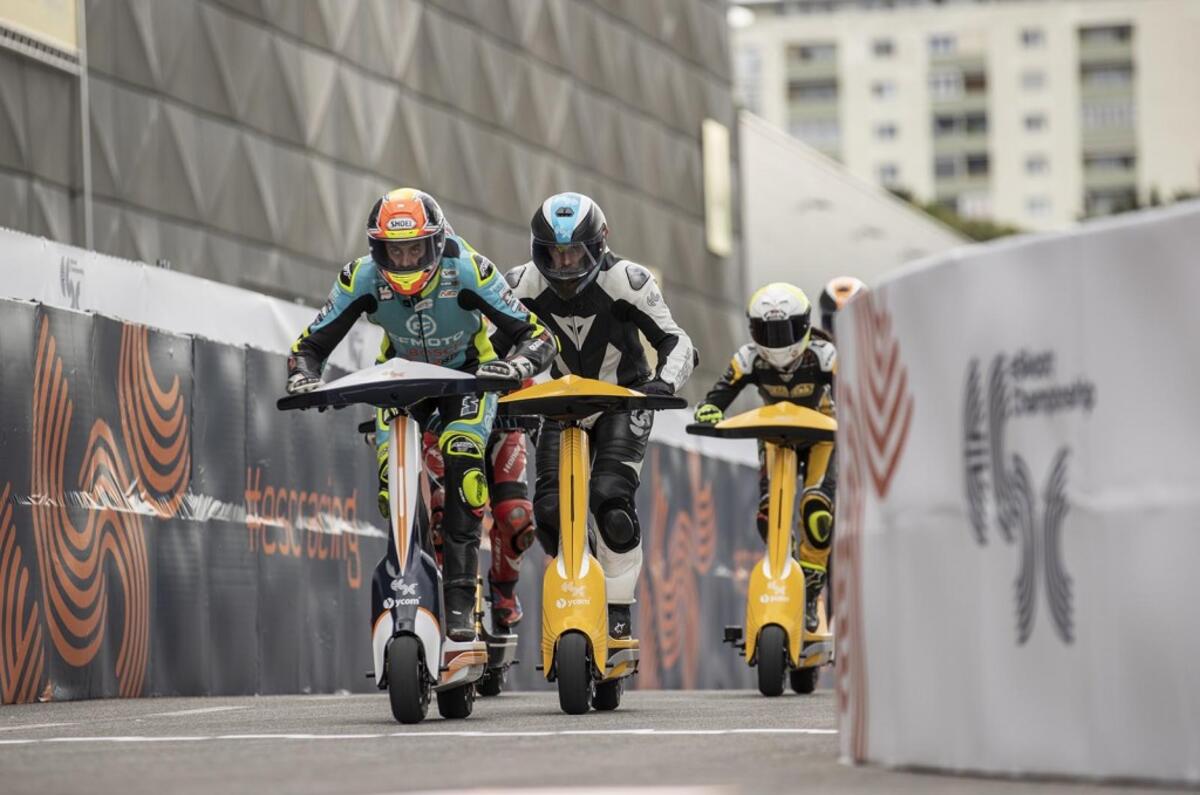
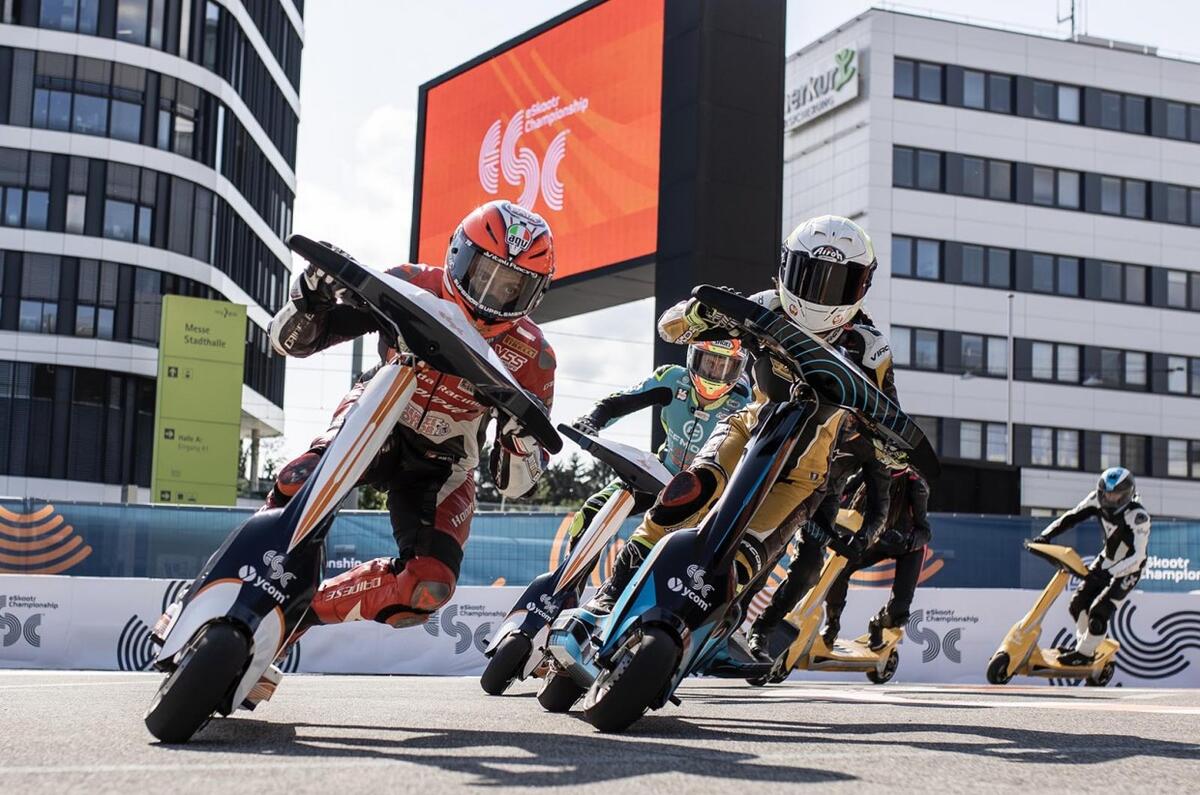
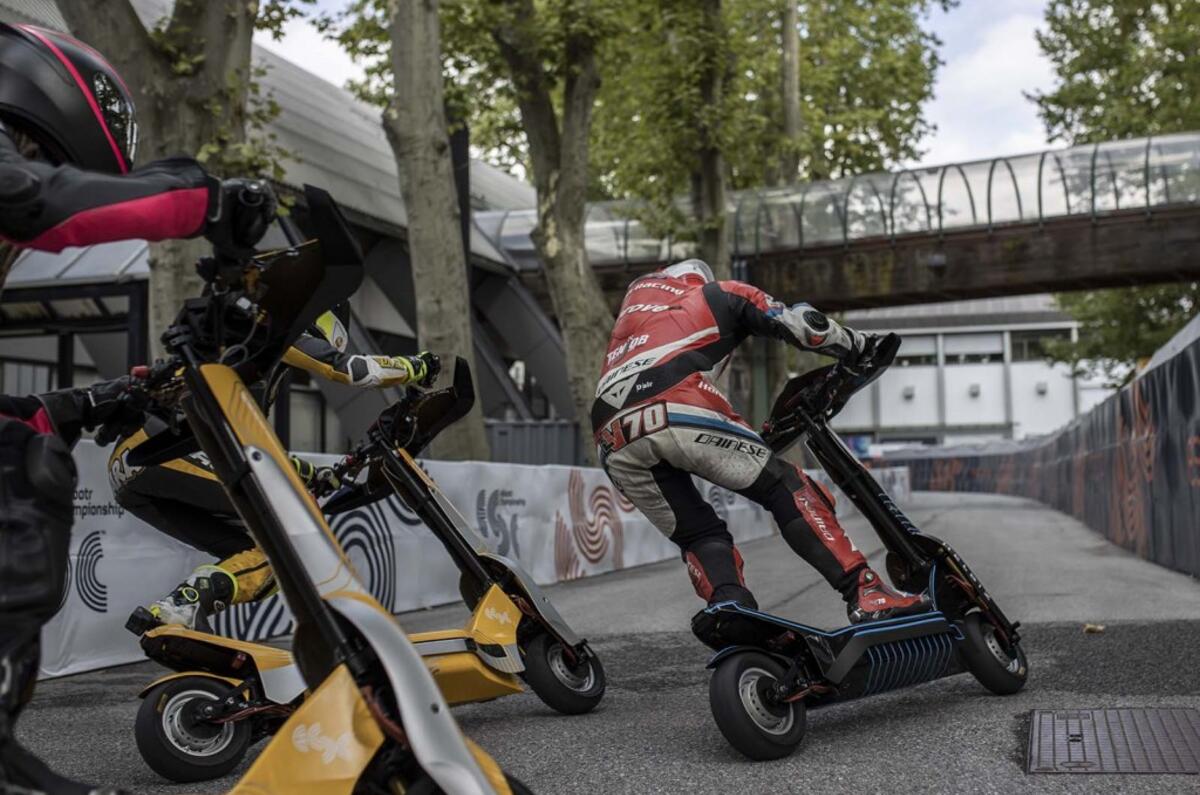
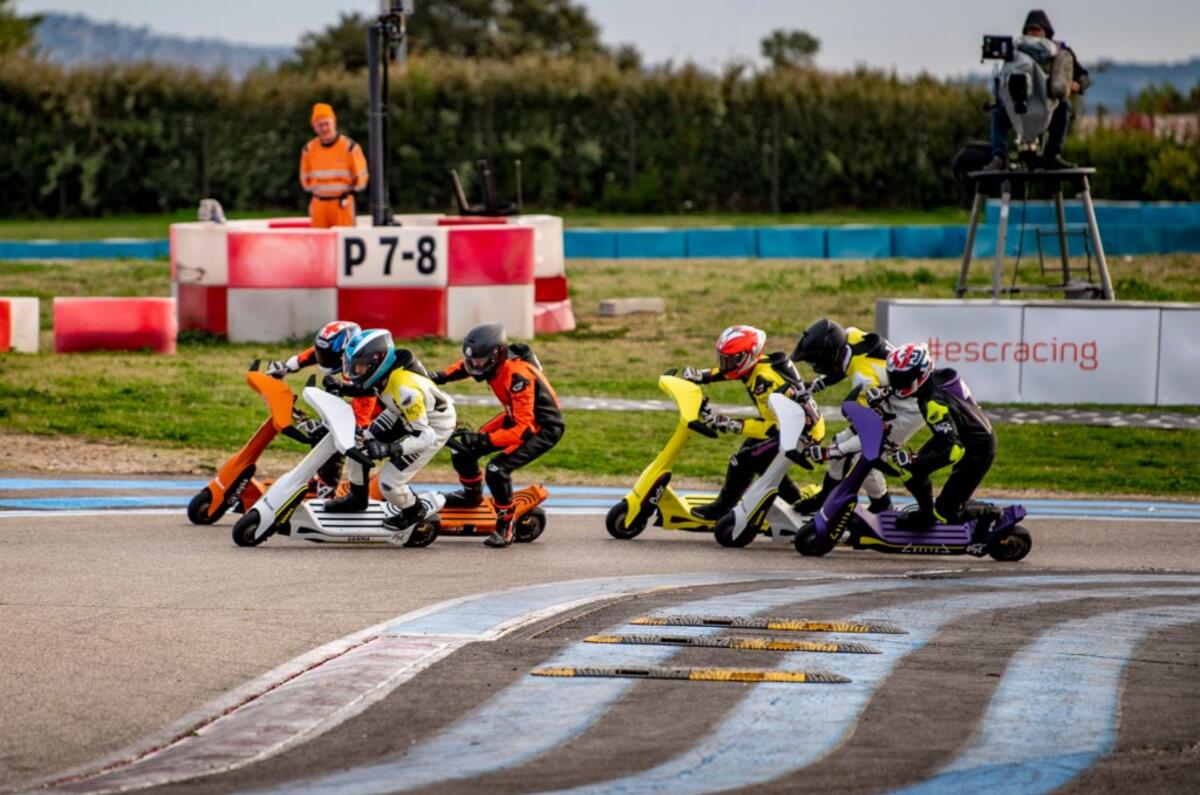
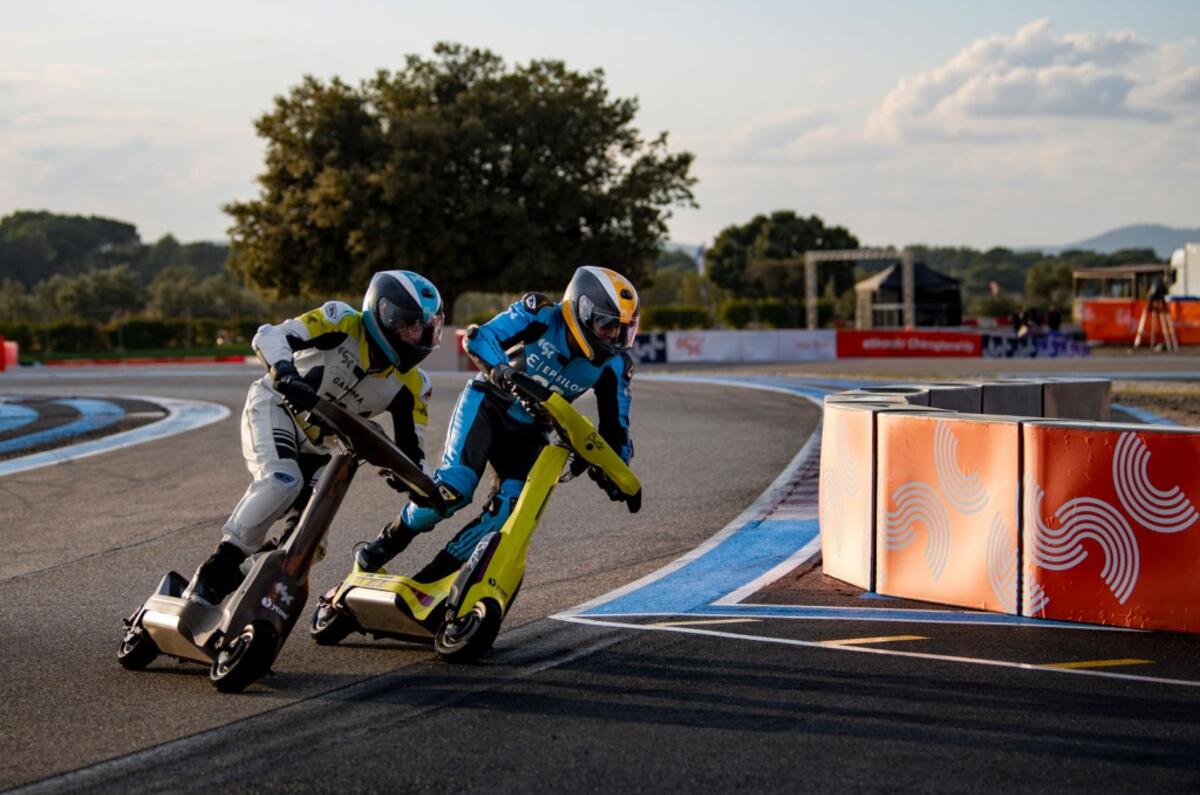










Add your comment